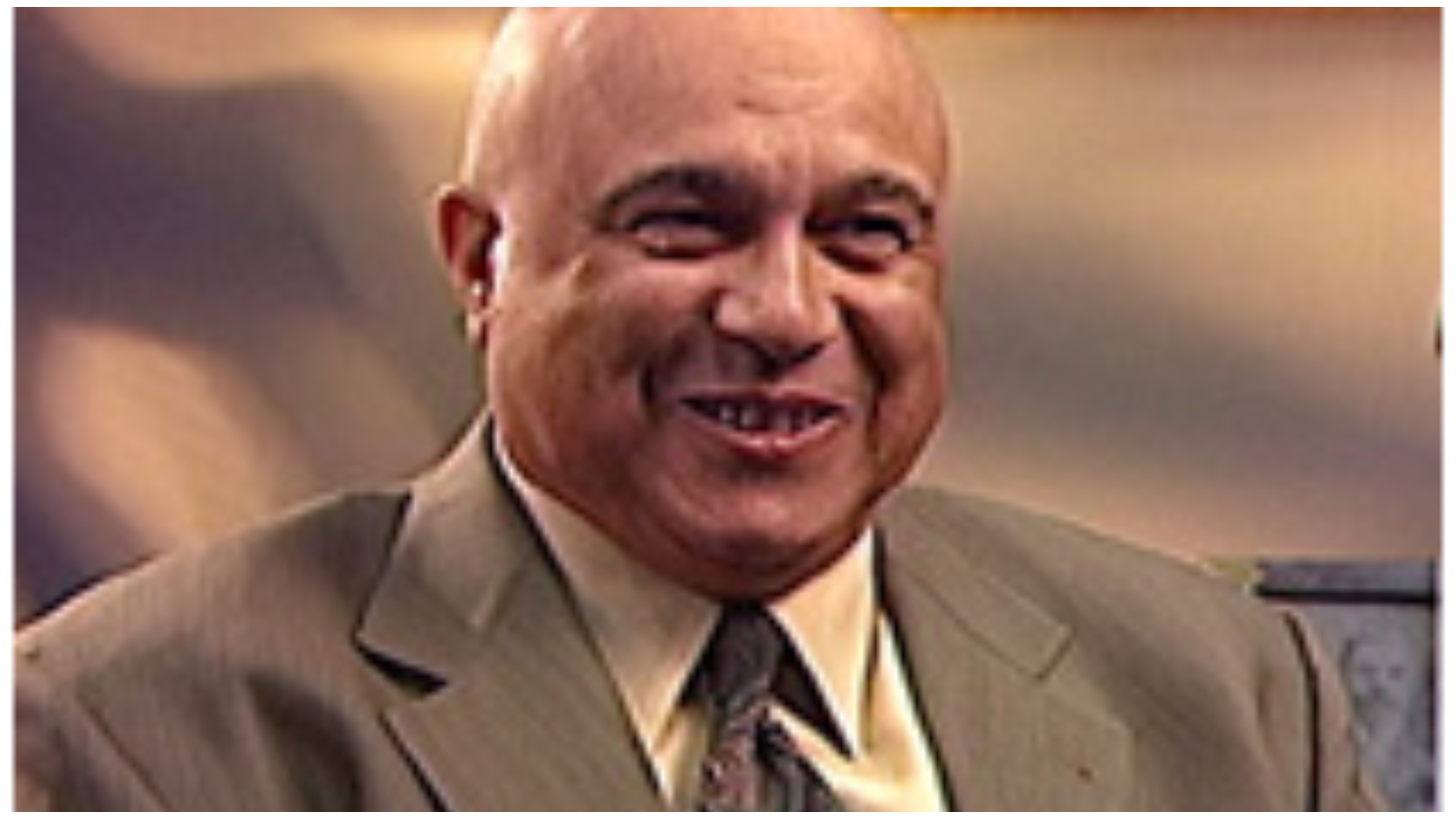Darryl Hill Breaks Barriers as Maryland’s First Black Football Player
In 1963, Darryl Hill made history when he became the first Black football player at the University of Maryland. His pioneering journey shattered longstanding racial barriers in collegiate sports.
How Darryl Hill Crumbled Conference Color Line
Amid the civil rights movement, Hill broke new ground on multiple fronts. By earning an athletic scholarship, he became the first Black player recruited with a scholarship by a Division I university south of the Mason-Dixon line.
Moreover, Hill’s addition instantly integrated the entirely white Atlantic Coast Conference (ACC), as Maryland was an ACC member. Several schools had threatened to exit the conference if a Black player took the field.
However, backed by university leadership, Hill helped advance racial progress through his exceptional play.
Darryl Hill Excels Under Intense Scrutiny
Far from wilting under the microscope, Hill thrived in his iconic role. He led the team in catches, receiving yards, and receiving touchdowns in his debut 1963 season.
Meanwhile, the young pioneer withstood immense off-field pressures. “If you drop the ball, I don’t know how long it will take before we get back to it,” assistant coach Lee Corso bluntly told Hill about representing Black players.
The scholar-athlete excelled despite constant public death threats and racist abuse. However, Hill cites no on-field racism from opponents.
Modern Stadium Now Honors Hill’s Sacrifices
The scrutineered student unwillingly cast as Jackie Robinson simply desired normal campus life. Yet Hill made personal sacrifices as the first ACC Black athlete on a sports scholarship.
Now, several decades years later, the modernized University of Maryland football stadium immortalizes the school’s first Black player for bearing intolerable burdens to clear barriers for others.
Standing as an enduring role model, wide receiver Darryl Hill hugely advanced social progress simply by earning the right to play football games. His fortitude and resilience amid intense hostility opened doors for generations of minority athletes.





